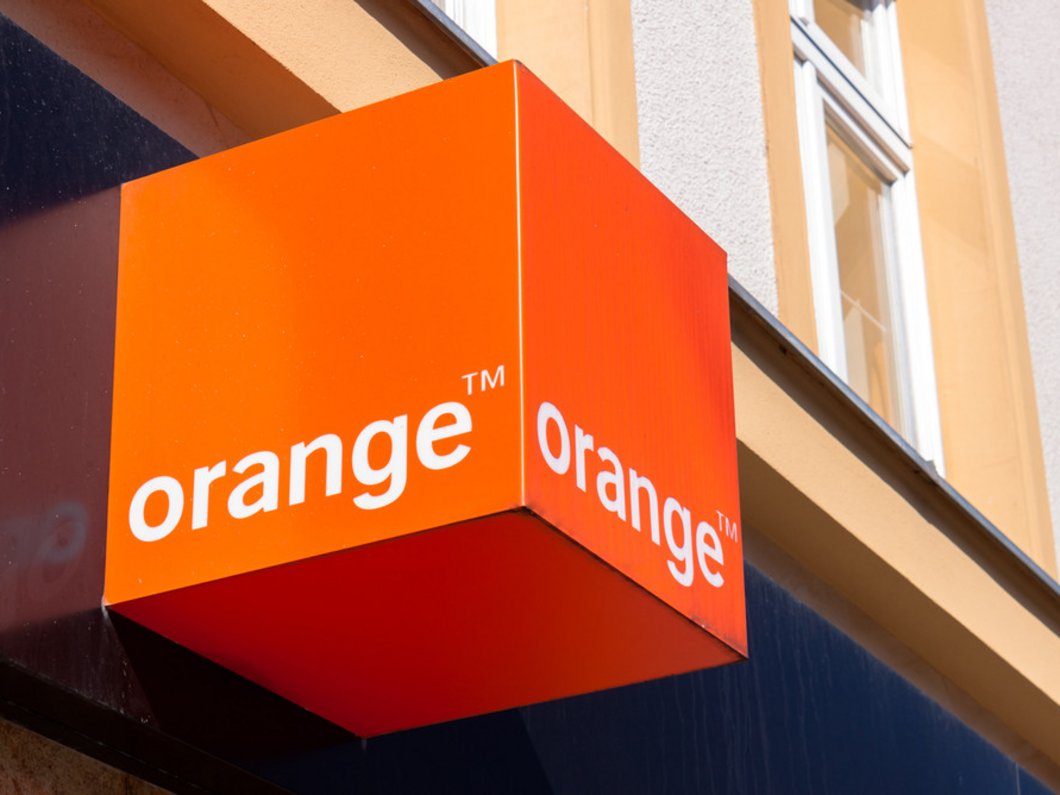Despite offering affordable services in many countries, Orange persists in maintaining significantly higher prices in Morocco, burdening local consumers. Price differences can reach up to 10 times those in other markets, with Moroccan rates generally being 3 to 4 times higher than in other countries.
A comparison by the newspaper Al’Oâmk highlighted these disparities by examining Orange’s pricing in Morocco versus other countries like France, Spain, Poland, Egypt, and Tunisia. The analysis points to a deliberate strategy by Orange to impose much higher prices on Moroccan customers.
Disparities in mobile services
In many other countries, Orange’s mobile plans would be considered “promotional” and “attractive” if offered in Morocco. Yet, the company continues to charge high prices, despite widespread criticism over the cost of communication and internet services in the country.
For instance, in Spain, Orange offers an unlimited mobile plan with 5G internet for only €37 (about 370 dirhams), and another plan with 100 GB of internet and unlimited calls for €15 (about 150 dirhams). In stark contrast, Orange Morocco offers no such unlimited internet plans, and it is still limited to 4G, while Spain has already moved to 5G.
Similarly, in France, Orange offers a 5G plan with 200 GB of data and unlimited calls for €36 (around 360 dirhams). In comparison, the highest internet package offered by Orange in Morocco is just 40 GB with 5 hours of calls for 200 dirhams per month, making it nearly four times more expensive than in France — and without the added benefits of 5G.
In Poland, Orange customers enjoy a plan costing 60 zlotys (around 150 dirhams), which includes unlimited calls, 50 GB of 5G internet (with 15 GB usable across the EU), and a free month of Netflix.
Fibre optic and ADSL services
The price gap extends to home internet services. In Morocco, Orange charges 250 dirhams per month for a 20 Mbps fiber optic connection, while in Tunisia, the same speed costs 49.9 Tunisian dinars (about 160 dirhams). Faster speeds, like 50 Mbps, are available for 79.9 dinars (255 dirhams) in Tunisia, while the same speed costs 449 dirhams in Morocco.
In Spain, the price discrepancy is even greater. Orange offers a 1 Gbps fiber connection (five times faster than Morocco’s maximum) for just €33 (around 330 dirhams), which also includes access to 90 TV channels and a landline. In Morocco, a similar service costs 649 dirhams.
ADSL pricing further underscores these differences. In Morocco, Orange charges 250 dirhams for a 20 Mbps connection, while in Egypt, the same company offers a 30 Mbps connection for just 160 Egyptian pounds (about 32 dirhams), making it ten times cheaper than in Morocco.
Calls for transparency
These stark price disparities raise questions about Orange’s pricing strategy in Morocco and suggest the need for greater transparency and fairness. Moroccan authorities and consumers alike should demand more equitable pricing that accurately reflects the true value of the services provided.
